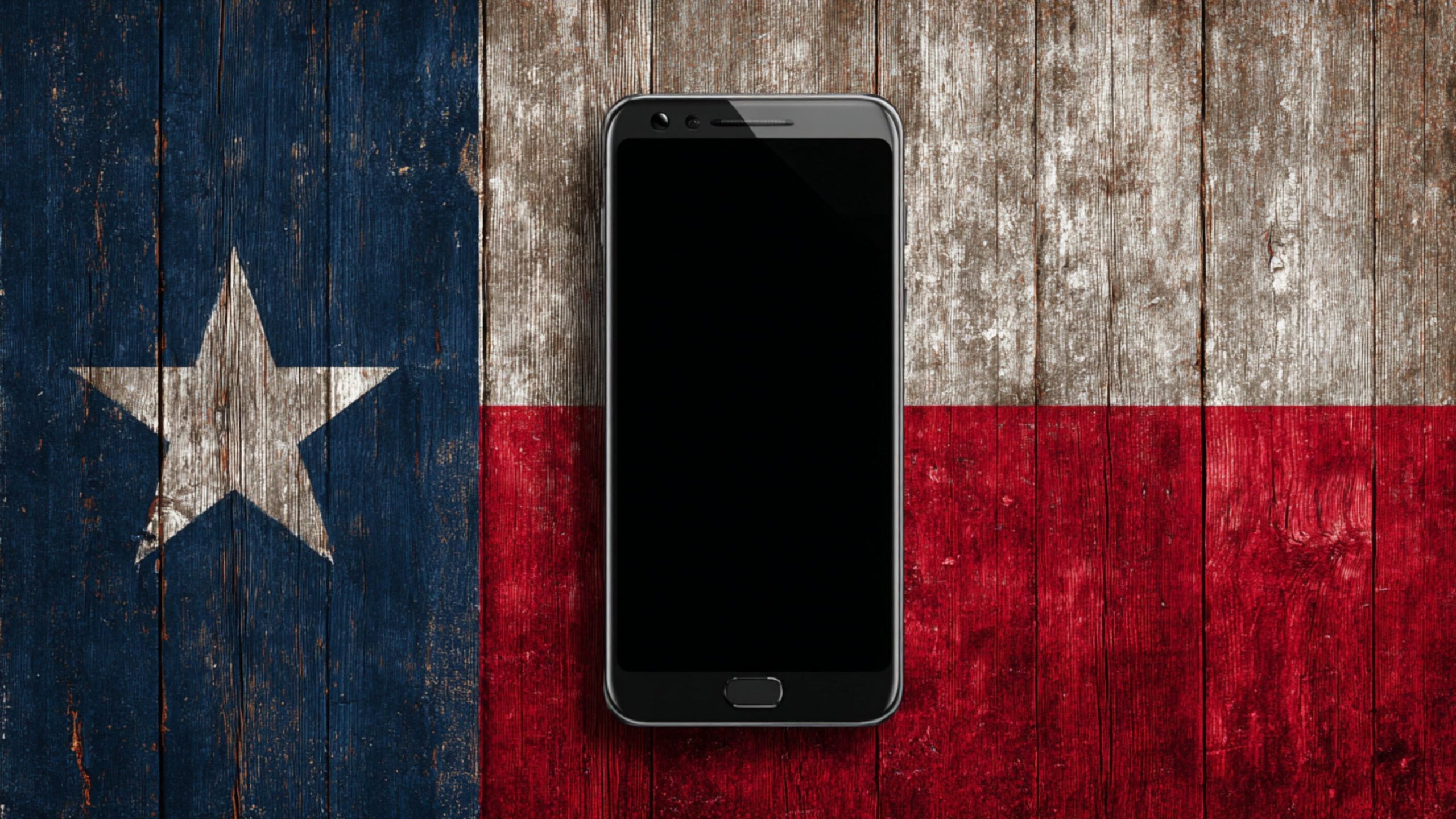A major technology association is suing the State of Texas over a new law that threatens both privacy and free expression.
The Computer & Communications Industry Association (CCIA) has filed a federal lawsuit challenging Senate Bill 2420, which is set to take effect on January 1, 2026.
We obtained a copy of the lawsuit for you here.
The group argues that the law forces both app stores and developers to impose invasive ID age checks, obtain parental consent, and label content in state-approved ways that violate the First Amendment.
Under SB 2420, anyone with an app store account would need to complete an age-verification process before downloading or updating applications.
If an app store determines that a user is under 18, that user would be blocked from downloading most apps or making in-app purchases unless a parent gives consent and assumes control of the account.
Minors who cannot link their profiles to a parent or guardian would lose access to app store content entirely.
App developers would also face new rules.
They must classify their apps into multiple age categories and provide written explanations for each rating. Every update, feature addition, or design change would require written notice to the app store.
CCIA says these mandates compel developers to describe their products in ways dictated by the state and pressure companies to collect personal data that users should not have to disclose.
Stephanie Joyce, CCIA’s Senior Vice President, Chief of Staff, and Director of the CCIA Litigation Center, stated:
“We support online protections for younger internet users, and those protections should not come at the expense of free expression and personal privacy. This Texas law violates the First Amendment by restricting app stores from offering lawful content, preventing users from seeing that content, and compelling app developers to speak of their offerings in a way pleasing to the state.
“That is why we are asking the court to strike down this law and to block it from being enforced while we demonstrate how severely it violates the US Constitution.
“In addition to the constitutional problems, this law places burdens on app stores, developers, minors, and parents that are completely disproportionate to any harm policymakers were attempting to remedy.”
The bill’s author, Sen. Angela Paxton, R-McKinney, has said the intent of SB 2420 is to protect young people from harmful online content.
In her statement of intent, Paxton described how “unlike brick and mortar stores, which must verify a consumer’s age before the purchase of age-restricted products such as alcohol and cigarettes, minors are currently able to navigate through the digital world without such parameters.”
She added that the bill “simply provides additional framework, transparency, and enforcement to protect the children of Texas.”
The law directs app stores such as Apple and Google to use “a commercially reasonable method” to verify the ages of users.
The two tech giants say they are going to implement the features, but stressed that such laws harm user privacy.
It also permits software to access stored verification documents, which must then be deleted once age is confirmed. Parents could file lawsuits if companies violate the law, while the Texas Attorney General could investigate alleged deceptive trade practices.
CCIA’s complaint calls SB 2420 a “misguided attempt to protect minors.” The filing argues that “our Constitution forbids this. None of our laws require businesses to ‘card’ people before they can enter bookstores and shopping malls. The First Amendment prohibits such oppressive laws as much in cyberspace as it does in the physical world.”










